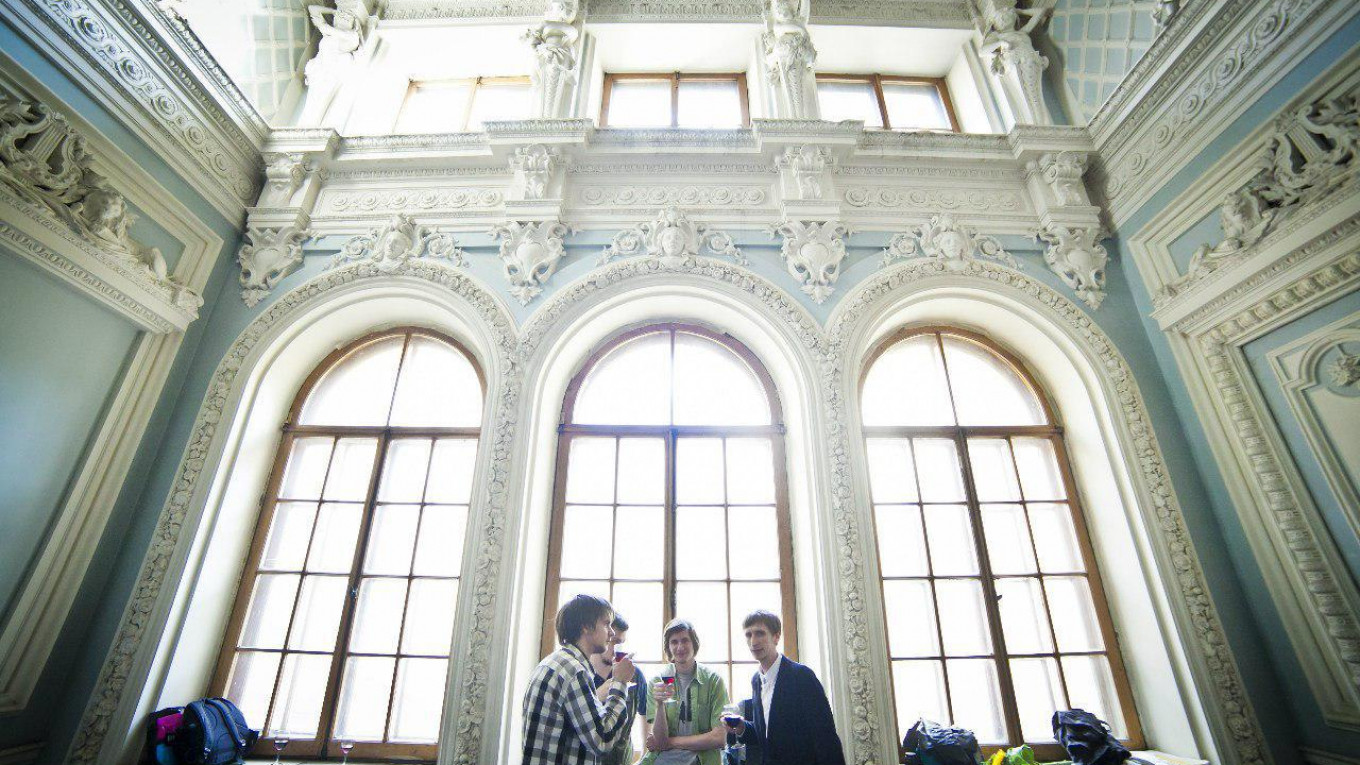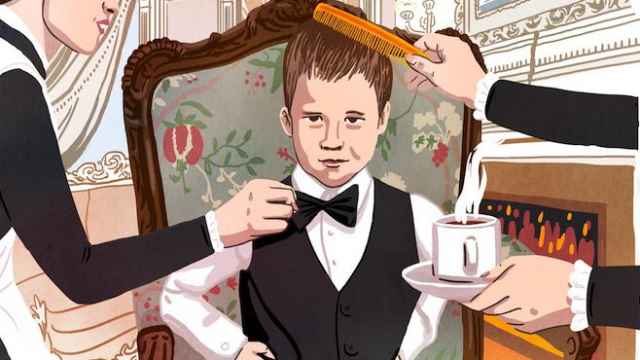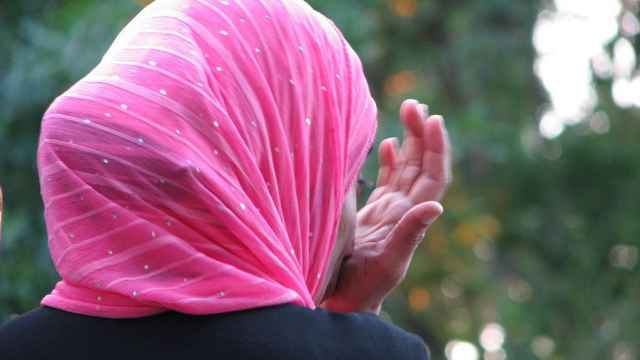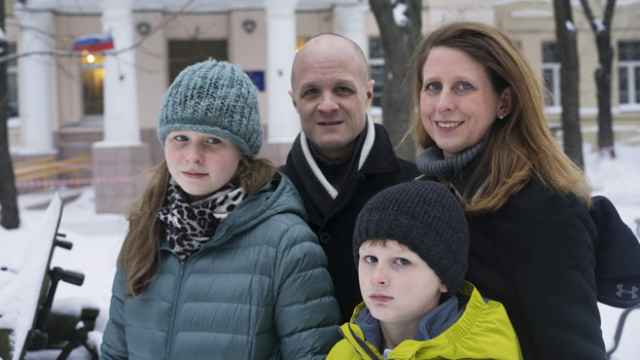The European University in St. Petersburg has come out on top of several university league tables just weeks after having its license revoked by Russian authorities.
Russia’s Education Ministry ranked the university first place in research and financial activity in its annual report on the country’s higher education institutions.
The rankings, which have been carried out since 2012, are based on more than 70 different criteria.
The European University in St. Petersburg was named the country’s top institute in terms of scientific research, with calculations based on factors such as the number of research papers published, the number of teachers with advanced degrees, and the number of citations made to university publications.
The school also came first in terms of revenue generated per researcher, and number of grants received per employee.
The result is a boost for the school after the state education watchdog Rosobrnadzor revoked the university’s educational license in December 2016.
The order came after a St. Petersburg district court ruled that the school, a liberal-leaning, private post-graduate college for the social sciences and humanities, had violated several legal regulations.
The university has also been fined 200,000 rubles ($3,327) for carrying out “unauthorized alternations” to one of its academic buildings, St. Petersburg’s Kushelyov-Bezborodko mansion.
The 19th century building, known in the city as the Small Marble Palace, was owned owned by Yekaterina Dolgorukova, wife of Tsar Alexander II, and is protected under St. Petersburg law.
City authorities have since moved to evict the university, despite plans for the school to spend up to 2.4 billion rubles ($40 million) renovating it.
The exact eviction date is still undecided pending a court hearing on March 15, the university said in a statement on their website.
The St. Petersburg Committee for Property Relations said in a letter that they accepted that an immediate eviction of the University could disrupt the “ongoing learning process.”
The university is next set to appear in court on Feb. 8 to appeal against the loss of its educational licence.
A Message from The Moscow Times:
Dear readers,
We are facing unprecedented challenges. Russia's Prosecutor General's Office has designated The Moscow Times as an "undesirable" organization, criminalizing our work and putting our staff at risk of prosecution. This follows our earlier unjust labeling as a "foreign agent."
These actions are direct attempts to silence independent journalism in Russia. The authorities claim our work "discredits the decisions of the Russian leadership." We see things differently: we strive to provide accurate, unbiased reporting on Russia.
We, the journalists of The Moscow Times, refuse to be silenced. But to continue our work, we need your help.
Your support, no matter how small, makes a world of difference. If you can, please support us monthly starting from just $2. It's quick to set up, and every contribution makes a significant impact.
By supporting The Moscow Times, you're defending open, independent journalism in the face of repression. Thank you for standing with us.
Remind me later.






